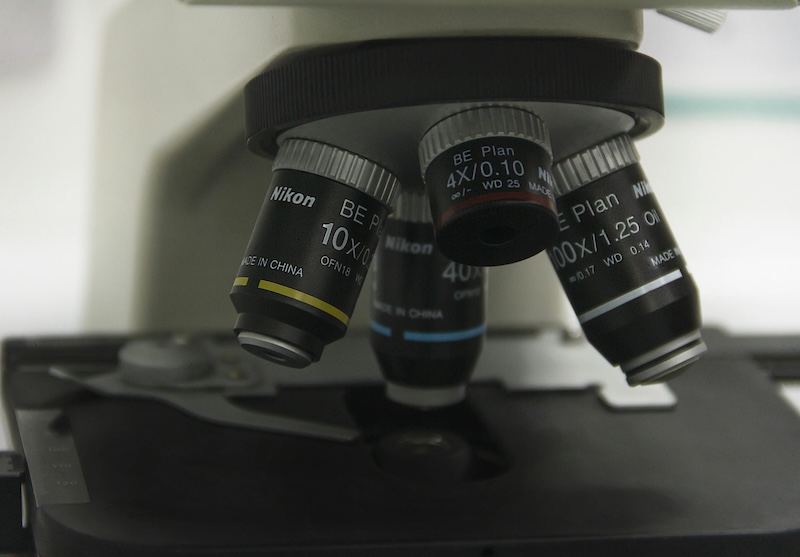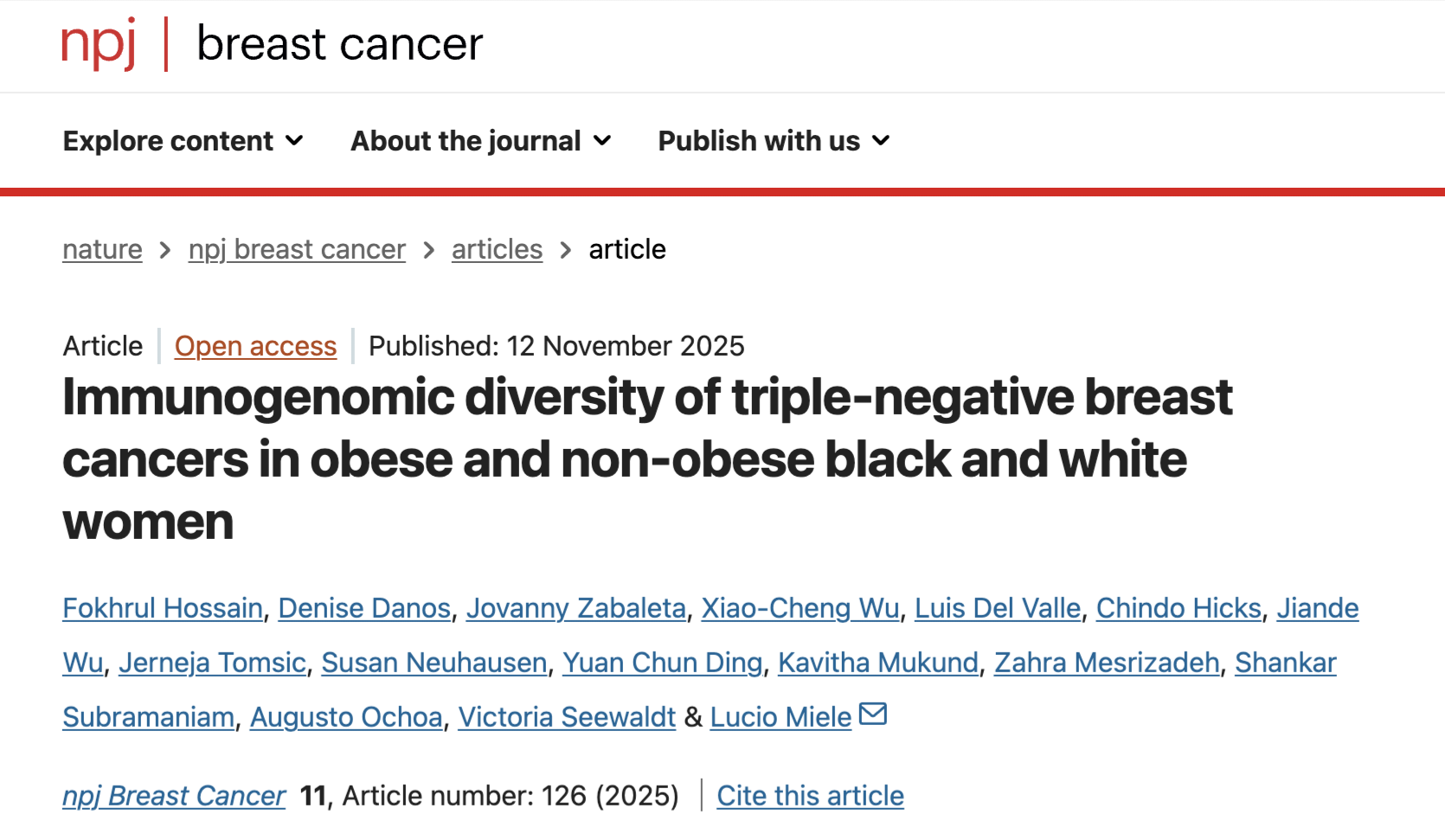
Ochsner study: COVID-19 poses deadly risk to cancer patients
COVID-19 presents an even greater risk of death to cancer patients, according to researchers at Ochsner Health, a member institution of the Louisiana Cancer Research Center. The Ochsner Cancer Institute evaluated over 300 cancer patients who tested positive for the virus at 36 Ochsner Health Hospitals across Louisiana.
Their research was published in the journal, Cancer. It is the largest study of COVID-19-positive patients with cancer versus patients without cancer and is the first multivariate analysis study comparing these two patient populations.

The study confirms real concerns about the impact COVID-19’s impact on cancer patients, according to Principal Investigator Michael Lunski, MD, hematology/medical oncology fellow who led a team of researchers that included LCRC Scientific Associate Director John Cole, MD. “It is clear that the cancer patient population is at increased risk compared to those without cancer,” said Dr. Lunski. “We now have data showing that patients on active therapy are at an even more increased risk and extra efforts to protect these patients must be made,” he added.
Key Findings:
· In the study’s cohort of patients with cancer who were also infected with COVID-19, the mortality rate was 21.2%. In the non-cancer group, the COVID-19 mortality rate was 8.7%.
· Patients with cancer who are 65 years of age or older and those with certain comorbidities have the greatest risk of death.
· Patients with cancer and a history of smoking are four times more likely to die from COVID-19.
· Recent cancer-directed therapy, type of cancer and disease progression also played roles in mortality. This is the first study that suggests cancer patients receiving recent cancer-directed therapy are at increased risk of death.
· Patients with a hematologic cancer (leukemia, lymphoma and other blood-related cancers) had a 31.1% increased mortality versus patients with an oncologic malignancy (breast, prostate and other cancerous masses) who had a 18.7% increase in mortality.
· 36.4% of patients who died had active or progressive cancer at the time of infection and 17.7% died during post-treatment follow-up or maintenance therapy.
· Those with a recent diagnosis were more likely to die than those with a distant history of cancer (32.8% vs. 12%).
· Although the majority of patients studied in the cancer population were non-Hispanic Black (63.1%), mortality was not statistically affected by race.
Dr. Lunski advises: “It is critical that people do not delay their medical care and that includes routine cancer screenings. Since we know that those with cancer are at increased risk for death from COVID-19, our primary goal is to prevent a cancer diagnosis or catch it at its earliest stage to further reduce someone’s risk of the severest consequence of this virus. It’s important to talk with a doctor about when and how often cancer screenings should be done.”
The COVID-19 pandemic has affected millions of people worldwide and New Orleans was an early hotspot in the virus’ initial emergence in the U.S. According to Ochsner oncology researchers, the impact on cancer patients is an important area of investigation. Cancer is the second most common cause of death globally and Louisiana has the ninth-highest incident rate of cancer in the country according to the U.S. Centers for Disease Control. This made the state a unique population to study during this global pandemic.
The Ochsner Cancer Institute has established “Safe to Return” guidelines for patients undergoing cancer-directed therapy to ensure patient safety while providing optimal cancer care.




